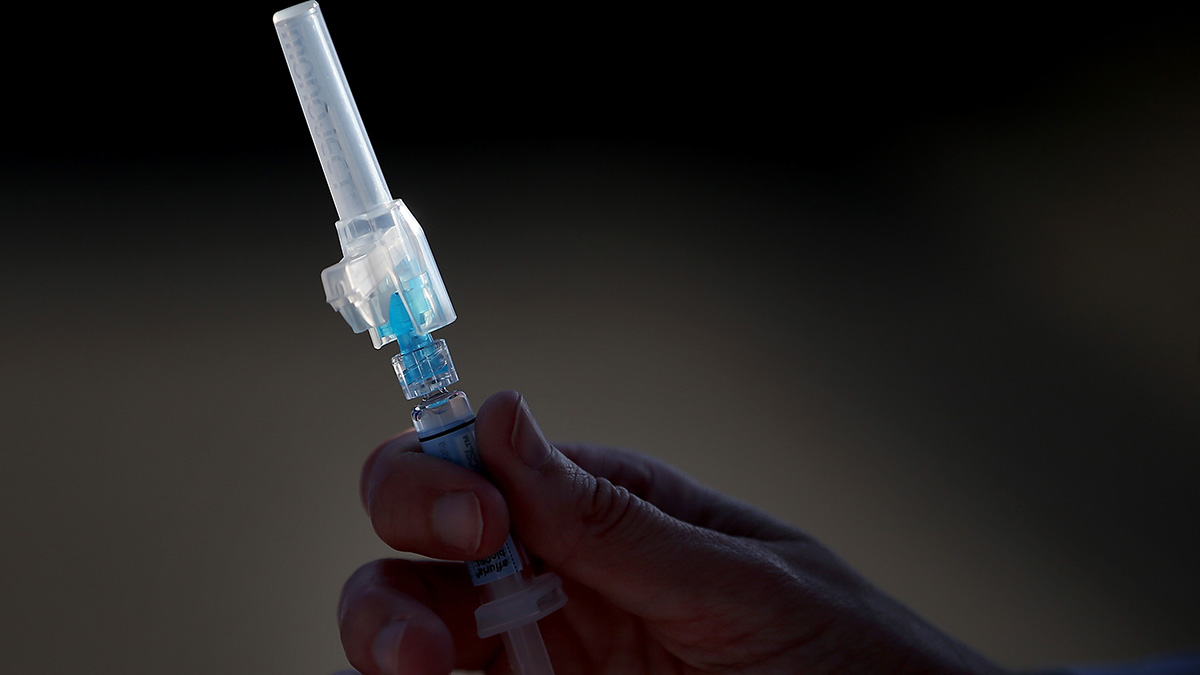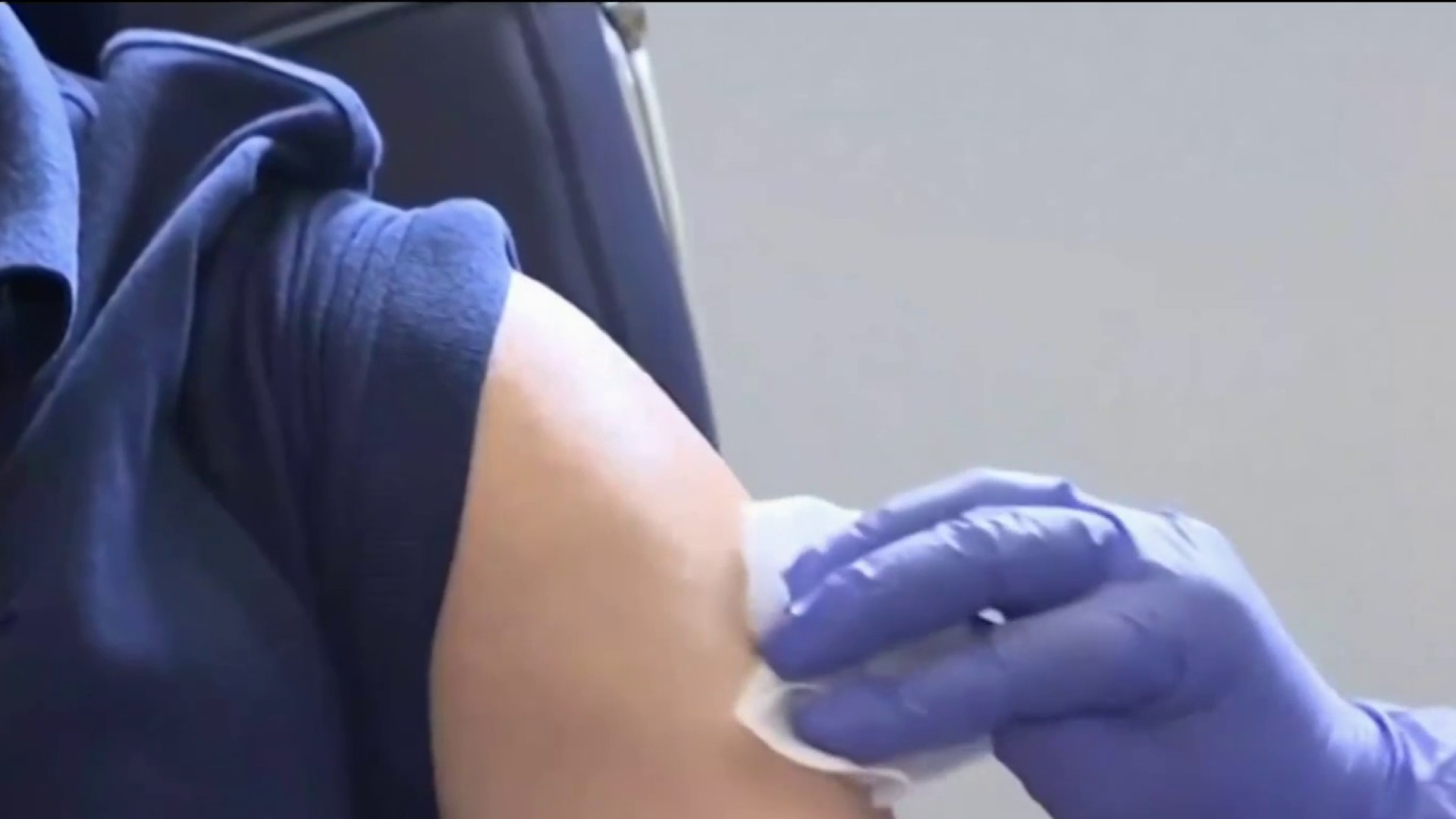Just as millions of Americans are rolling up their sleeves for a COVID-19 vaccine, the News4 I-Team has learned the outgoing Secretary of Health and Human Services made it much harder to get compensated for the most common vaccine injury.
Just one day before leaving office last week, HHS Secretary Alex Azar signed a new rule to change a policy regarding shoulder injuries from vaccines, an effort to remove those injuries from a federal program that compensates victims.
The intention was to help ease a backlog in the National Vaccine Injury Compensation Program since, as the I-Team exposed last year, those shoulder injuries now represent more than 60% of all the new cases filed.
"The last thing that we need to be doing right now is changing the program to take away individuals' rights to receive compensation should something go wrong," said Leah Durant, a D.C. attorney who specializes in vaccine injury cases.
"I think we need to be looking at policies that ensure public trust, that make folks feel comfortable with the process, and that encourage widespread vaccination, as opposed to what this rule will do," she said.
Durant is also a survivor of the condition is known as SIRVA, Shoulder Injury Related to Vaccine Administration, an excruciating injury that can happen when an injection is given too high on the arm.
Durant says the new rule will actually and make that glut of SIRVA cases even harder to prove, making the years-long backlog in the program even worse.
"We're just looking at a process that will be much longer, much more difficult, require much more evidence. And at the end of the day, we're talking about a program that's main goal is to compensate people and to compensate them expeditiously," Durant said.
Another part of the new rule gives HHS the authority to stop new vaccines from automatically becoming part of the compensation program, which could have huge implications for COVID-19 vaccines once they are recommended for regular use in children and thus eligible for Vaccine Injury Compensation Program (VICP).
Right now, claims are directed to a lesser-used Countermeasures Injury Compensation Program that doesn't pay out nearly as much or as often. It also lacks the transparency of the VICP.
"I think there's no question that the Vaccine Injury Compensation Program is a far superior program to the Countermeasures Program. It's tested, it's been vetted, it's paid out many, many claims and we know how it works," said Durant.
Plus, she says, with hundreds of millions of COVID-19 vaccine injections being given, there are likely to be many more instances of SIRVA.
The HHS proposal was initially slated to take effect in 30 days but a spokesman for the HHS division that oversees this said the new administration now plans to take time to review the change before that happens.
"I think the timing is very suspicious. I think that if the goal is to ensure public confidence in vaccinations and in our country's vaccine policy, I don't think that this act does that," Durant said, adding that she hopes the Biden administration's review results in a reversal of Azar's proposed change.
Reported by Jodie Fleischer, produced by Rick Yarborough, and shot and edited by Jeff Piper.



